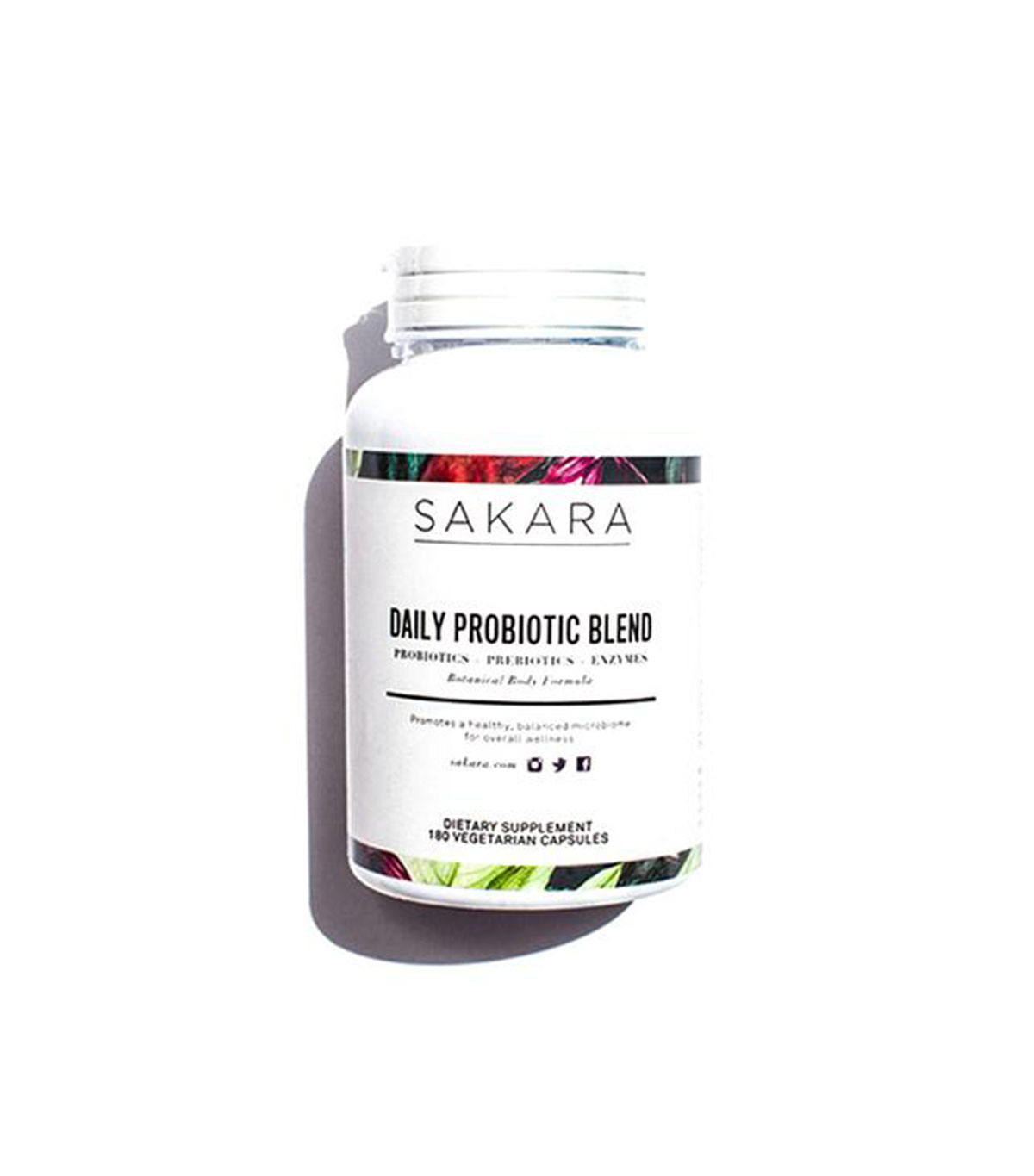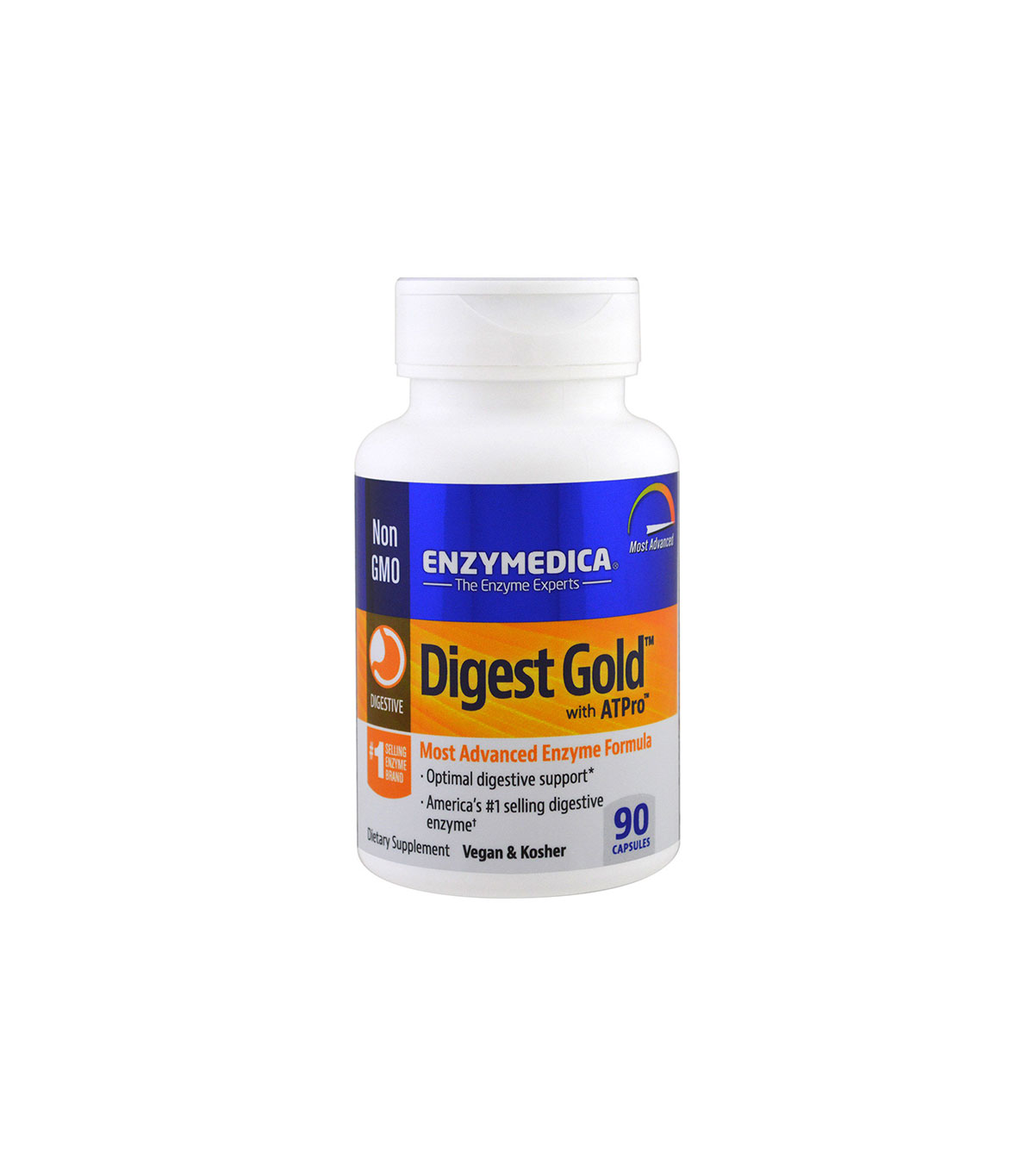Vitamin B12 Is Amazing for Your Brain—Here Are 6 Foods Rich in the Nutrient

"B12 is an essential vitamin necessary for cellular health, protein synthesis, neurological function, and making healthy, mature red blood cells," says Amy E. Chadwick, ND, of Four Moons Spa. See, B12, like many vitamins and minerals, is a co-factor in enzyme activity. "I liken this to the nuts and bolts in a set of gears," Chadwick says. "In order for the gears to function properly, they need to be connected well, maintained, and lubricated, and then they can generate whatever they are designed to generate." It's necessary for a healthy cardiovascular system, for the production of neurotransmitters (which affect your mood and well-being), as well as memory and brain cell function.
The interesting part about B12 is it's bound to proteins in food. However, the breakdown of the proteins to release the B12 requires healthy stomach acid production. When there's a deficiency, anemia can occur, which can lead to neurological imbalances and inefficient cellular activity. So according to celebrity nutritionist Elissa Goodman, approximately 40% of the population is deficient in B12. If you're feeling tired, confused, low-energy, weak, sluggish, anxious, those are initial deficiency symptoms.
Individuals who fall into one of these groups are more likely to be B12-deficient:
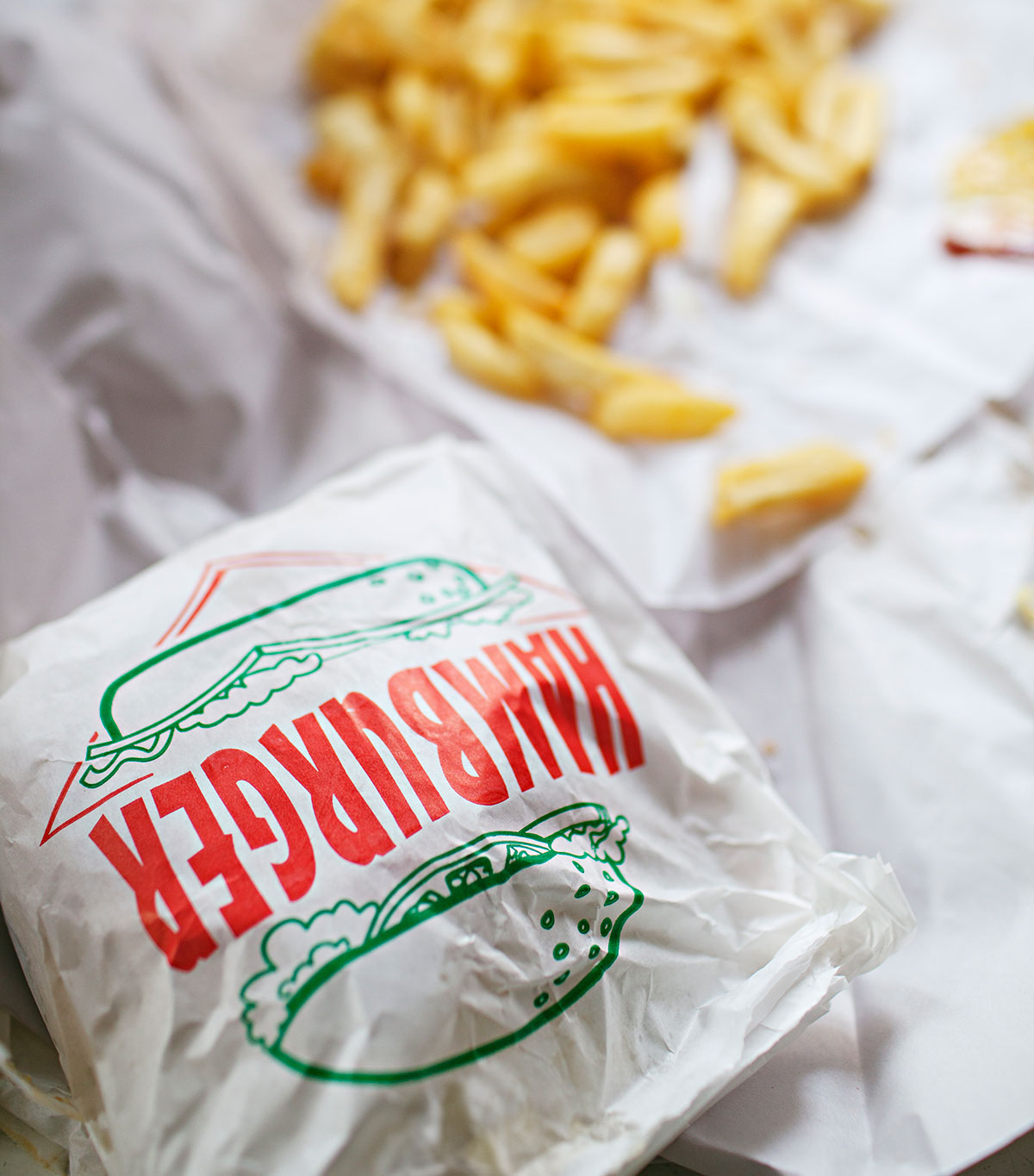
You've spent years consuming MSG, gluten, and high-fructose corn syrup.
"You may be on a better track now, but years of eating processed foods, drinking soda, and eating takeout wreak havoc on B12 production," says Goodman.
You're a long-term hormonal birth control user.
Goodman adds, "Studies show that pills higher in estrogen are associated with B12 deficiencies, leading us to assume that estrogen interferes with absorption."
You're a vegetarian.
"B12 is primarily sourced from animal products, and the plant foods that are sources of B12 are actually B12 analogs. An analog blocks the uptake of true B12, so your body's need for the nutrient actually increases," notes Goodman. So it's important to be vigilant in supplementation if you're vegan or vegetarian. "Working with a naturopathic doctor or functional or integrate doctor will help you determine which form of B12 is the most likely to be of benefit for your individual body's needs if you are needing to supplement," says Chadwick.
You're over the age of 50.
"As you age," explains Goodman, "vitamin absorption decreases due to stomach acid decreasing." The depletion of stomach acid—coupled with an increased intake of medications—adds to a B12 deficiency.
You suffer from GI issues or digestive problems and/or take heartburn medication.
"Prescription heartburn medications suppress stomach acid production, which is essential for B12 absorption (Pepcid, Nexium, Zantac)," says Goodman. "If you take these regularly, B12 deficiency can be of concern."
You have more than a few drinks daily (on average).
"Frequent alcohol use irritates stomach lining and contributes to low stomach acid, which contributes to a reduced B12 absorption," says Goodman. "B12 is produced in the ileum but stored in the liver, therefore impaired liver function adds to depletion of B12 stores."
These are the best food sources of B12:
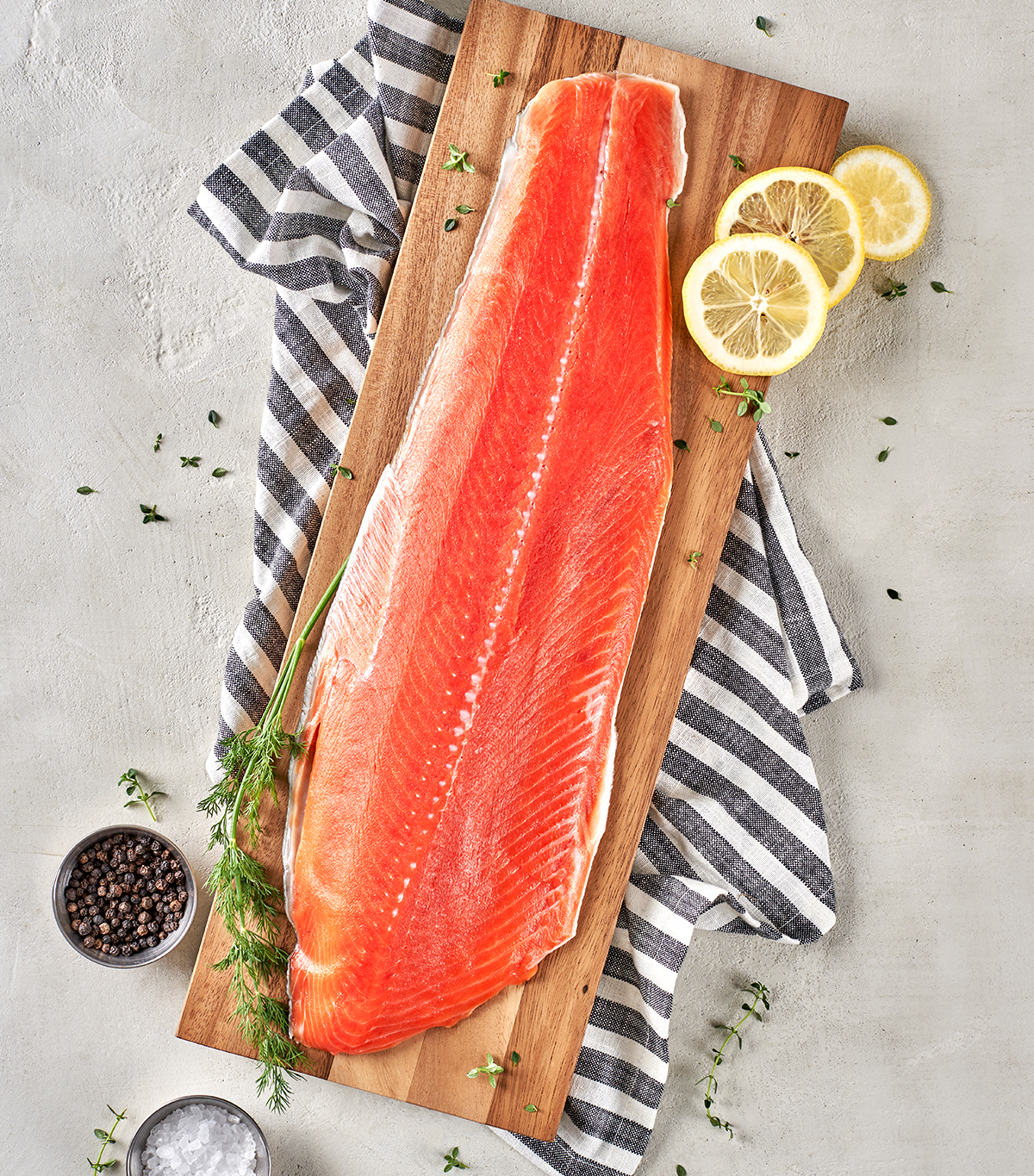
"Seafood is a rich source of naturally occurring B12," says Goodman. "For example, a three-ounce serving of Northern Atlantic mackerel contains 16 micrograms, and wild salmon contains 2.3 micrograms." Sardines are another great choice with 7.6 micrograms, plus an excellent complement of other vitamins, minerals, proteins, and fats, according to Chadwick. Clams have a very high amount of B12 per serving at 84.1 micrograms, as well as wild rainbow trout, herring, and tuna.
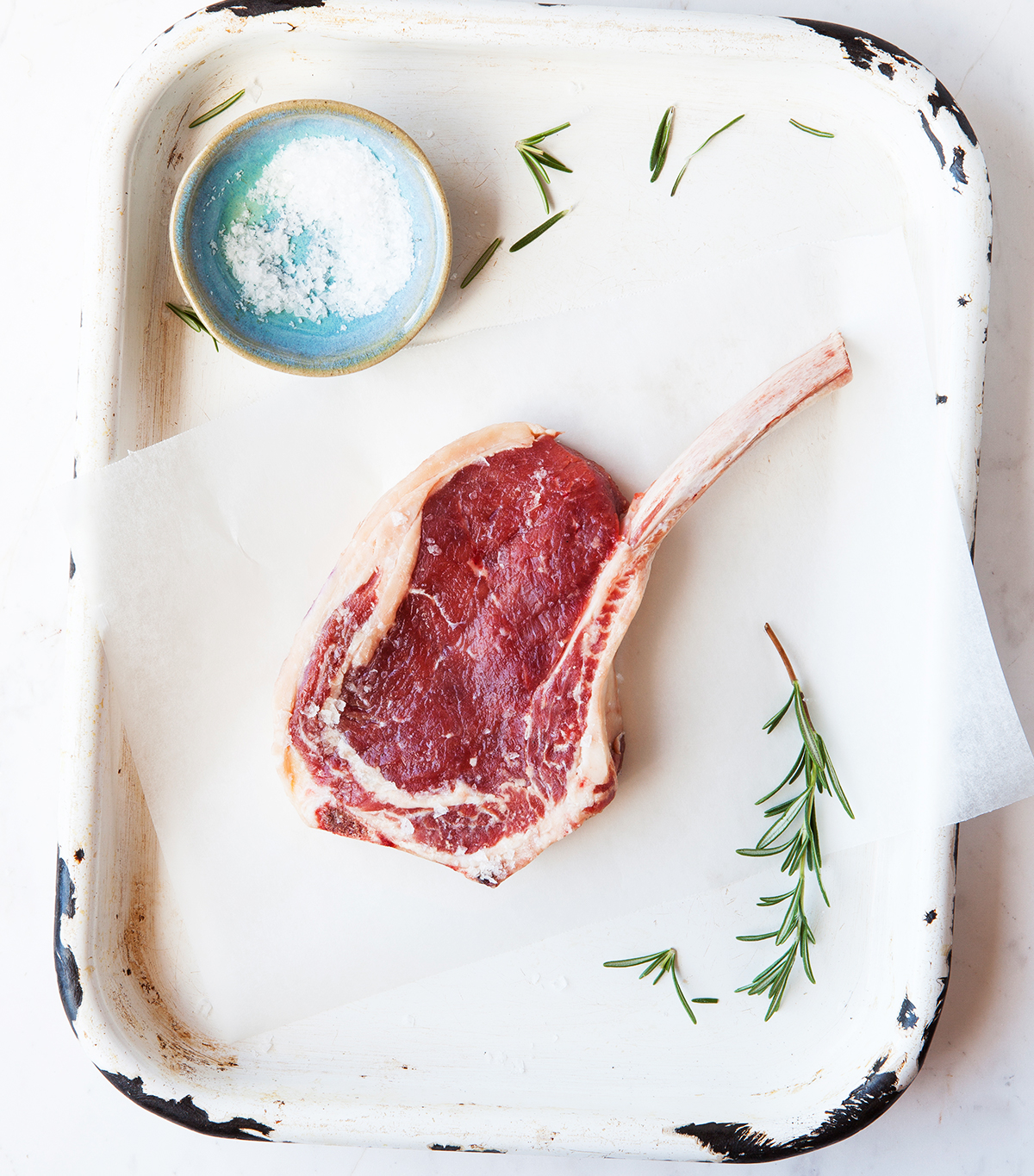
"Beef, steak, or burgers, preferably grass-fed, have approximately 1.4 micrograms per three-ounce serving," says Chadwick. "Pasture-raised chicken breast has about 0.3 micrograms of B12, and organic lamb is great as well."

"One egg has 0.6 micrograms. And fortified dairy products like yogurt (eight ounces) and Swiss cheese (one ounce) contain about one microgram per serving," explains Chadwick.
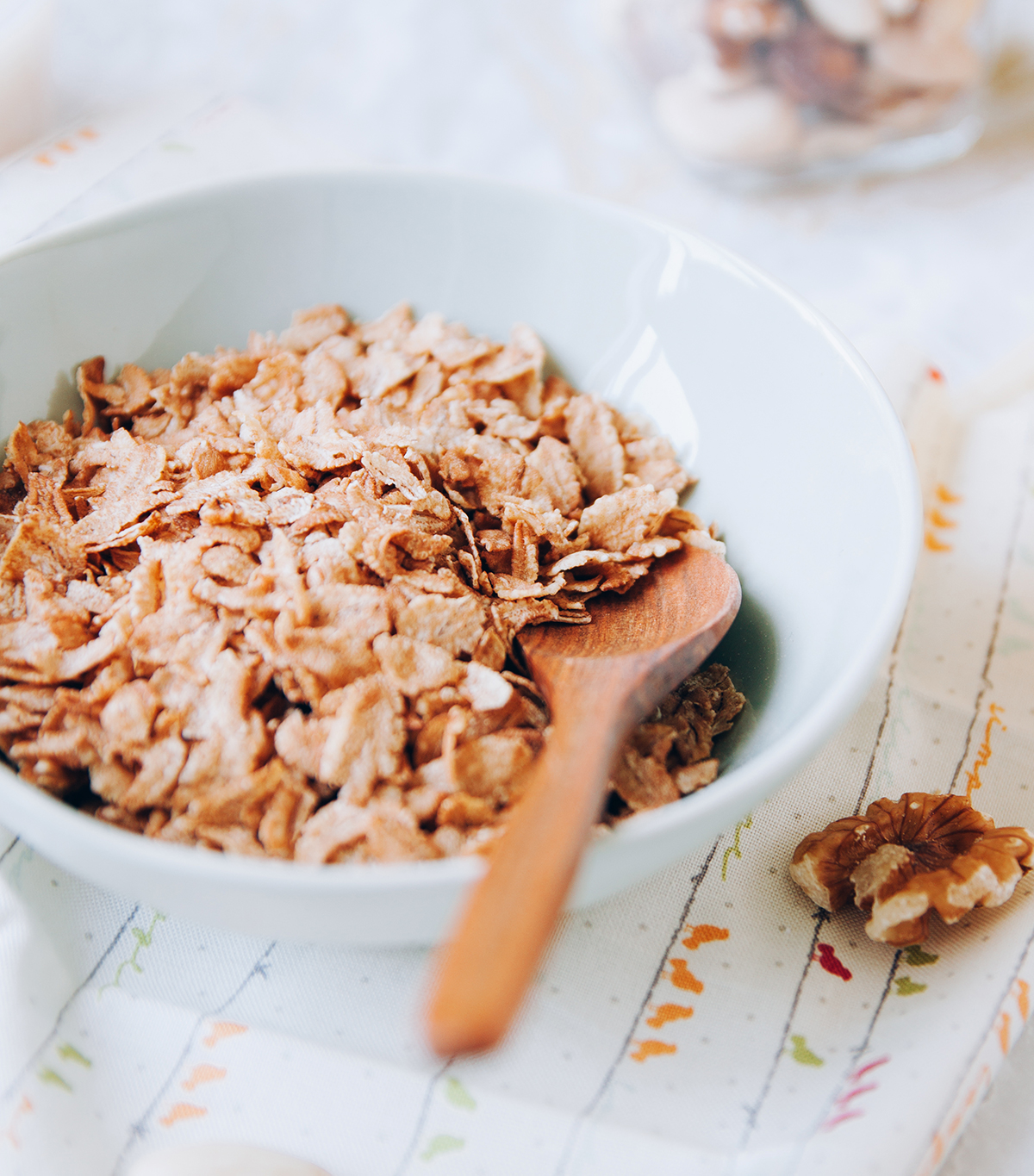
"Also, many plant milks, cereals, soy products, and processed vegan foods are fortified with B12, but it is necessary to check the labels for the amount of B12, as amounts may vary widely," says Chadwick.
"I do recommend my vegan patients take a B12 supplement," says Chadwick. "For vegetarians who may be getting egg, dairy, or even some fish in their diet, supplementation is individually based on need."
What about supplements?
"It's important to note that most oral B12 supplements do not work well at all," says Goodman. "B12 is not easily absorbed. The body has a very refined system for absorbing it, which includes enzymes and other stomach factors." So in addition to the right supplement, these are three things crucial for B12 absorption.
Elevated probiotics:
Bacterial imbalance will prevent absorption, but elevating probiotics in your body can combat this. "A regimen of minimum 100B probiotics daily is recommended," suggests Goodman.
Enzymes:
Taking Enzymedica Digest Gold ATPro with meals is a great way to boost enzyme production.
Celery juice:
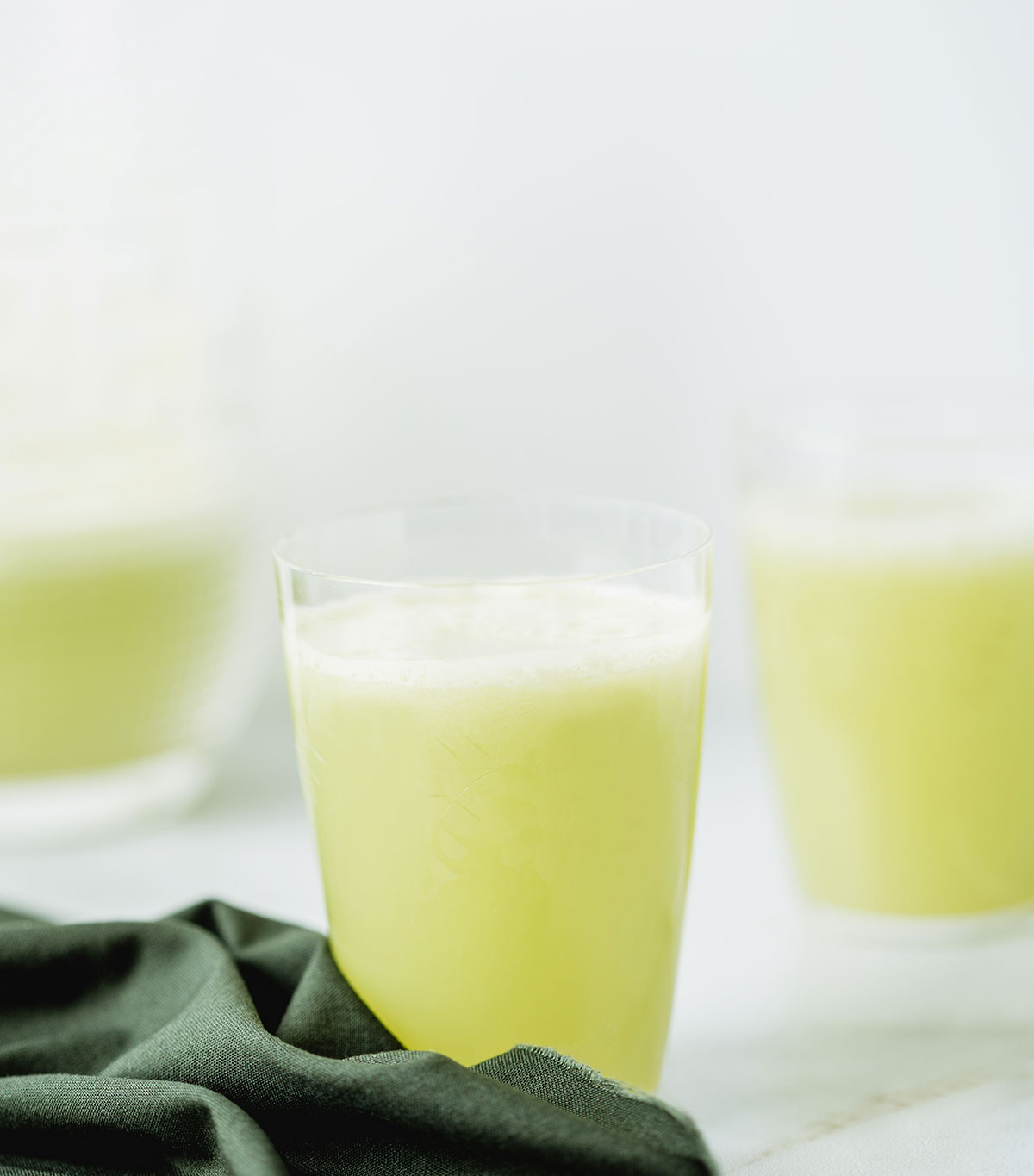
Juicing fresh, organic celery daily for two weeks will increase the production of HCL in the stomach, allowing for better absorption of B12. Approximately 16 ounces each morning or a small bunch juiced will do the trick.
What B12 should I take?
"Your B12 supplement should be methylcobalamin (the best form to absorb) combined with adenosylcobalamin," recommends Goodman. "This is the perfect combination for supplementation. Avoid any B12 supplement with cyanocobalamin. This is not easily absorbed by the body. I recommend Global Healing B12. This liquid supplement is a blend of methylcobalamin and adenosylcobalamin, the two most bioactive forms of vitamin B12 that are more absorbable and bioavailable. Plus, this supplement is vegan-friendly."
FYI: Here are 11 sneaky things that cause water bloat.
Disclaimer
This article is provided for informational purposes only and is not intended to be used in the place of advice of your physician or other medical professionals. You should always consult with your doctor or healthcare provider first with any health-related questions.
-
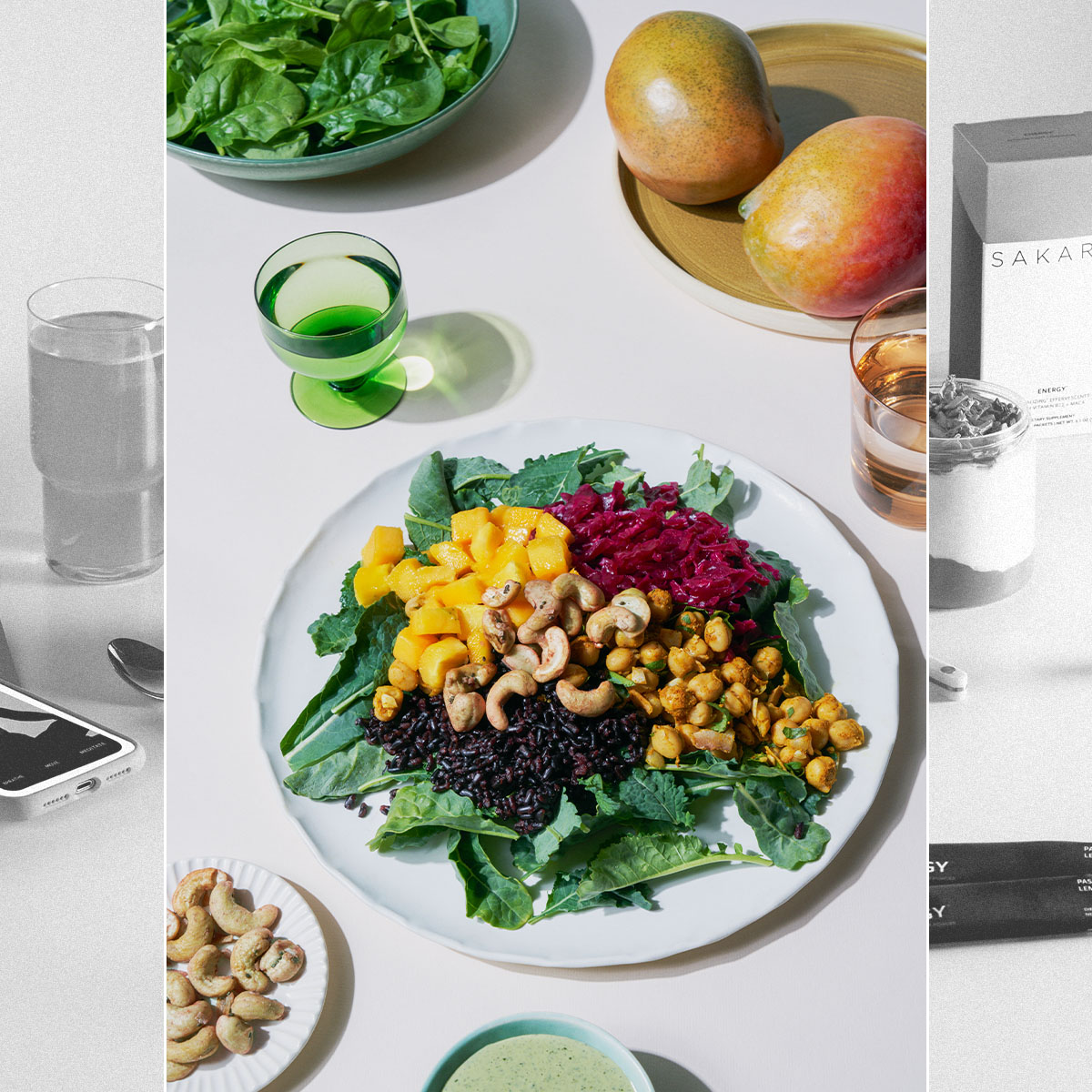 Bella Hadid and Gwyneth Paltrow Apparently Love Sakara Life, so We Tried It for 30 Days
Bella Hadid and Gwyneth Paltrow Apparently Love Sakara Life, so We Tried It for 30 DaysHere are our honest thoughts.
By Erin Jahns
-
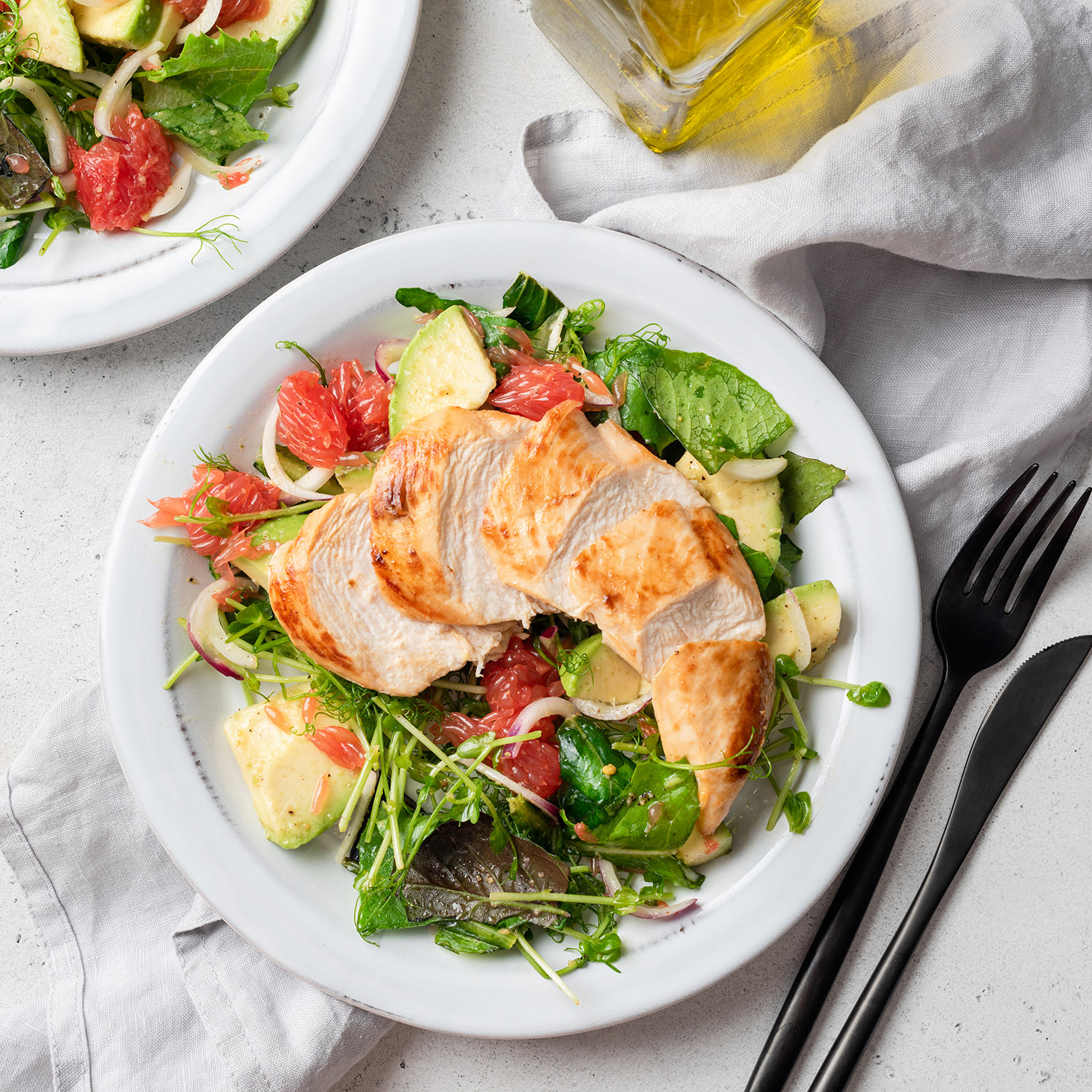 The 6 Warning Signs You're Not Getting Enough Protein
The 6 Warning Signs You're Not Getting Enough ProteinAnd what to eat to up your intake.
By Sarah Yang
-
 Everything This Professional Ballet Dancer Eats to Fuel Her for Performances
Everything This Professional Ballet Dancer Eats to Fuel Her for PerformancesHer grocery staples include high-quality French butter.
By Candice Aman
-
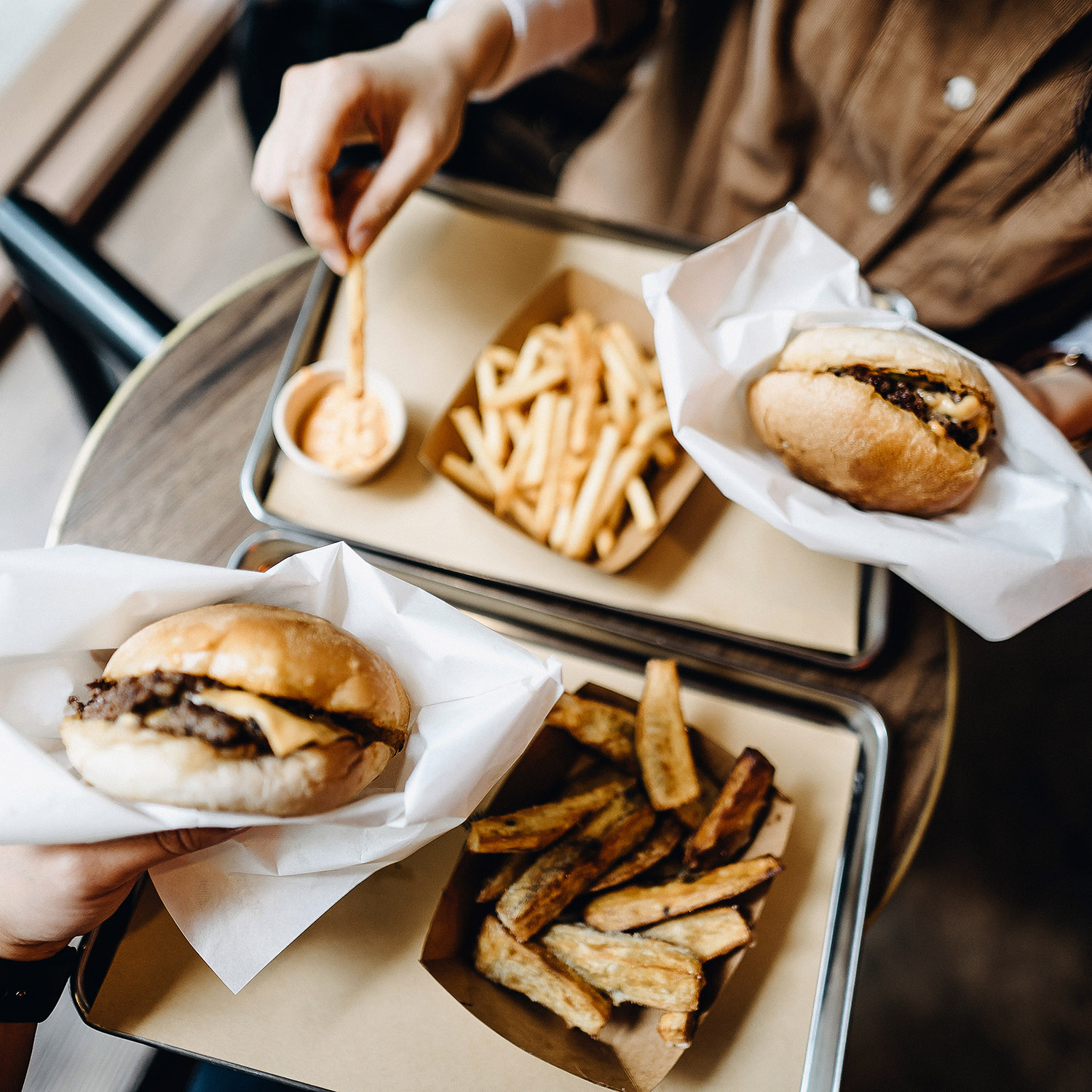 These 8 Foods Are the Worst for Rosacea—Here's What to Eat Instead
These 8 Foods Are the Worst for Rosacea—Here's What to Eat InsteadControl those flare-ups.
By Sarah Yang
-
 15 Things That Cause Bloating and How to Get Rid of It ASAP
15 Things That Cause Bloating and How to Get Rid of It ASAPTry these.
By Sarah Yang
-
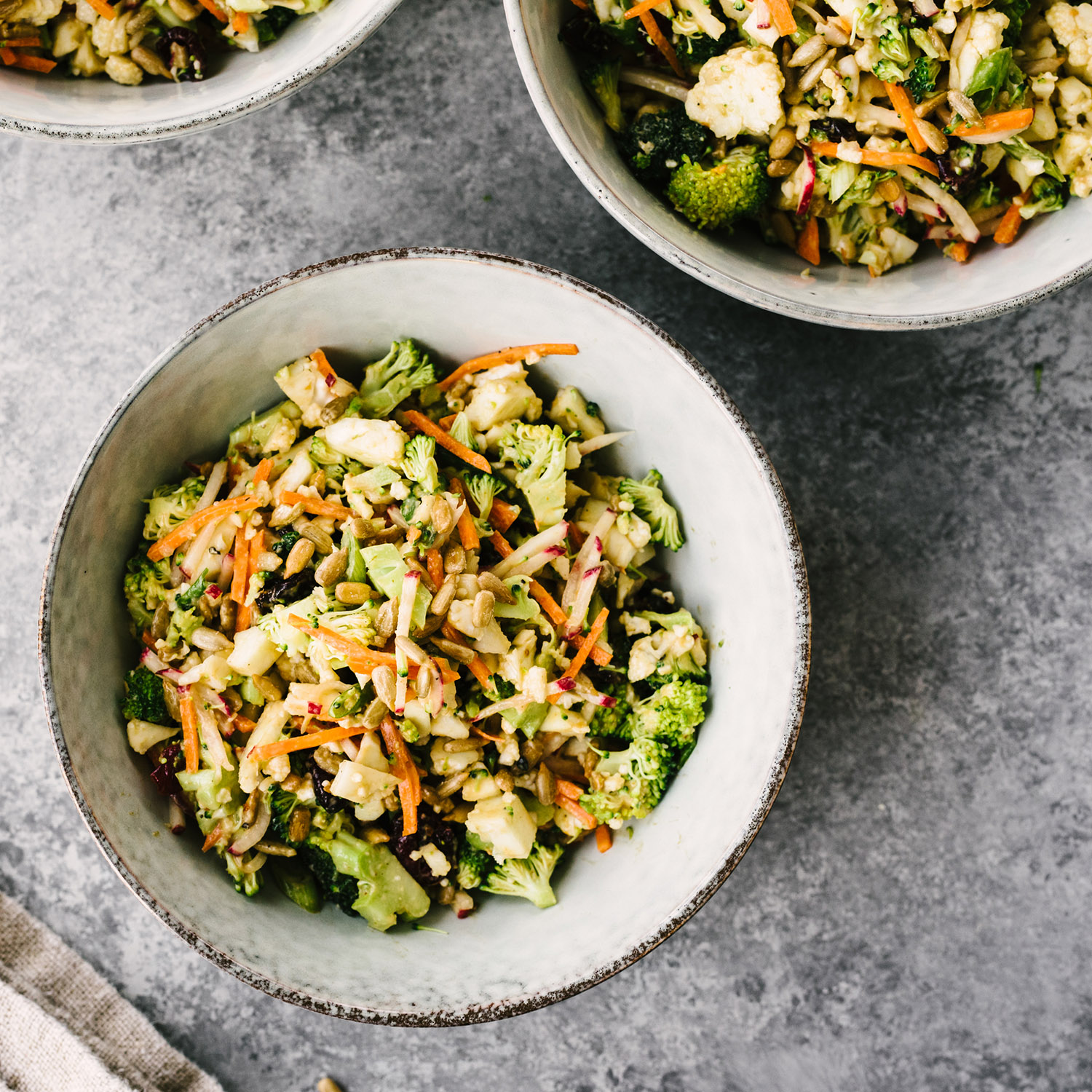 Is the Alkaline Diet Overhyped? What Experts Want You to Know
Is the Alkaline Diet Overhyped? What Experts Want You to KnowHere's how it works.
By Sarah Yang
-
 I'm an Imperfect Dietitian and My Key to Eating Healthy Meals Is Convenience
I'm an Imperfect Dietitian and My Key to Eating Healthy Meals Is ConvenienceTake a peek at my weekly grocery staples.
By Candice Aman
-
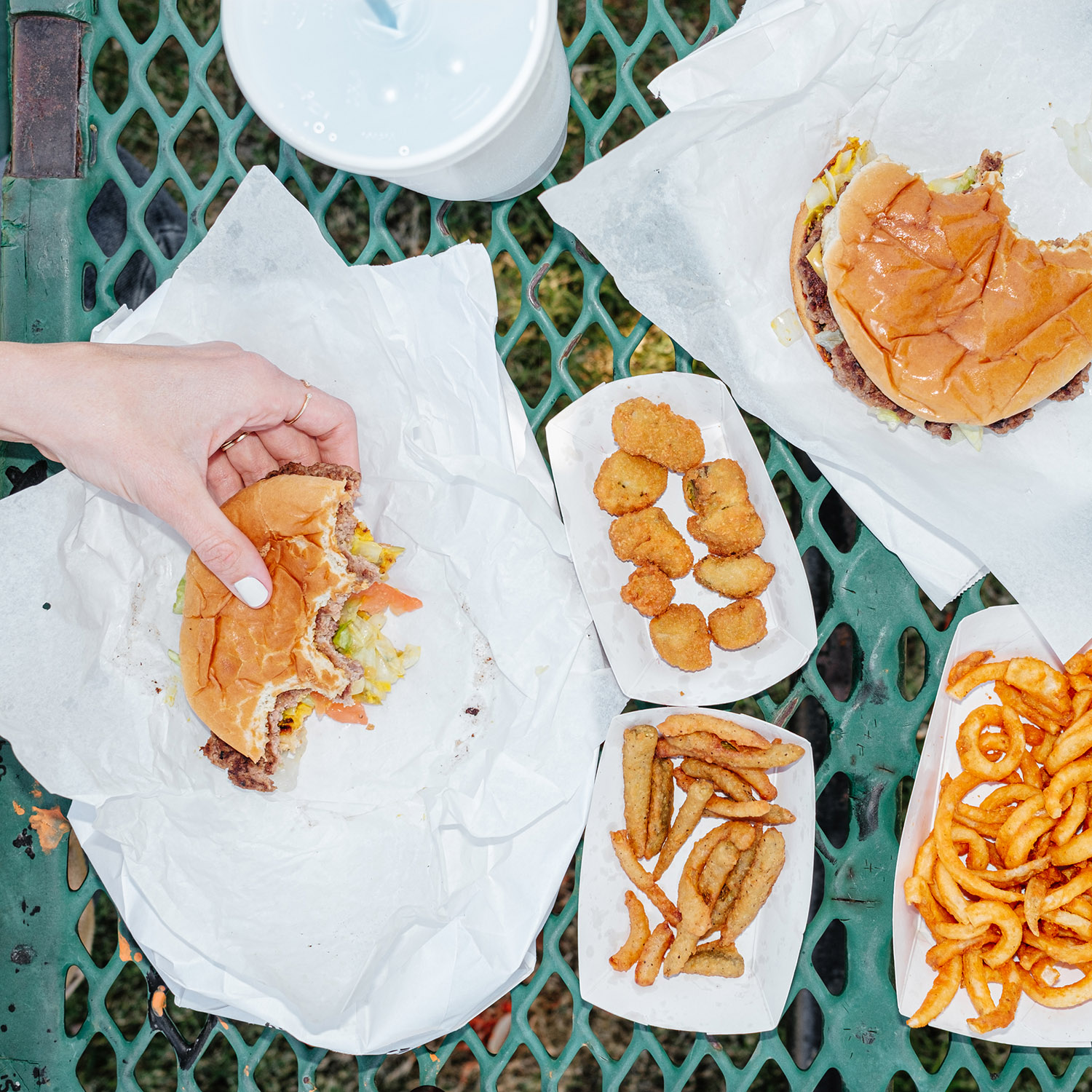 Avoid These 6 Foods—They'll Wreck Your Gut Health
Avoid These 6 Foods—They'll Wreck Your Gut HealthWhat to eat instead.
By Sarah Yang
